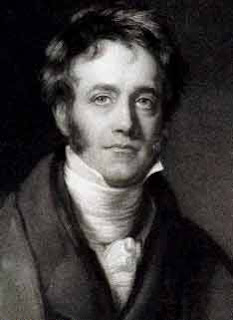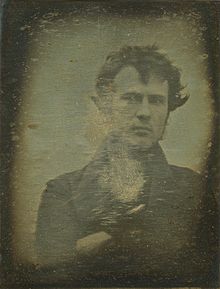My blog entitled “Where the Photography Came From” is about a little background where photography came from and who are the inventor behind it. When we like a passion like photography, we need to know the history of it, the inventor who invent it and other information that we did not know yet. As a photography lover, I want to share the information I get from the internet, however I already summary it to make it easy to your part.
History about Photography
Each of us wants to know where the photography came from. And according to my research, photography came from the Greek word phos, photos - light and graphos - writing. The word photography means writing with light but most photographers claim they are painting with light. This 'writing with light' or as us photographers say ' painting with light' was first reputed to have been termed by Sir John Herschel to William Henry Fox Talbot in letter in 1839.
 |
Sir John Herschel was
an English astronomer who also devised the words negative and positive and I
believe the word snapshot. A lot of his work involved chemistry which was the
forerunner of the black and white processes.
|
 |
Niepce placed an engraving onto a metal plate
coated in bitumen, and then exposed it to light. The shadowy areas of the
engraving blocked light, but the whiter areas permitted light to react with the
chemicals on the plate. When Niepce placed the metal plate in a solvent,
gradually an image, until then invisible, appeared. However, Niepce's photograph
required eight hours of light exposure to create and after appearing would soon
fade away.
Louis Daguerre, a
French man was the
inventor of the first practical process of photography. In 1829, he formed a partnership with Joseph
Nicephore Niepce to improve the process Niepce had developed.
In 1839 after several years of experimentation
and Niepce's death, Daguerre developed a more convenient and effective method
of photography, naming it after himself – the
daguerreotype, the first camera ever made. Since then, the birth of
modern photography happened.
Boulevard du
Temple by Daguerre
"Boulevard du Temple", taken by Louise Daguerre in late 1838 or early 1839, was the first-ever photograph of people. It is an image of a busy street, but because exposure time was over ten minutes, the city traffic was moving too much to appear. The exceptions are the two people in the bottom left corner, one who stood still getting his boots polished by the other long enough to show up in the picture.
These
are some of the First camera made in the past:
These are some
of the LATEST and POPULAR camera:





No comments:
Post a Comment